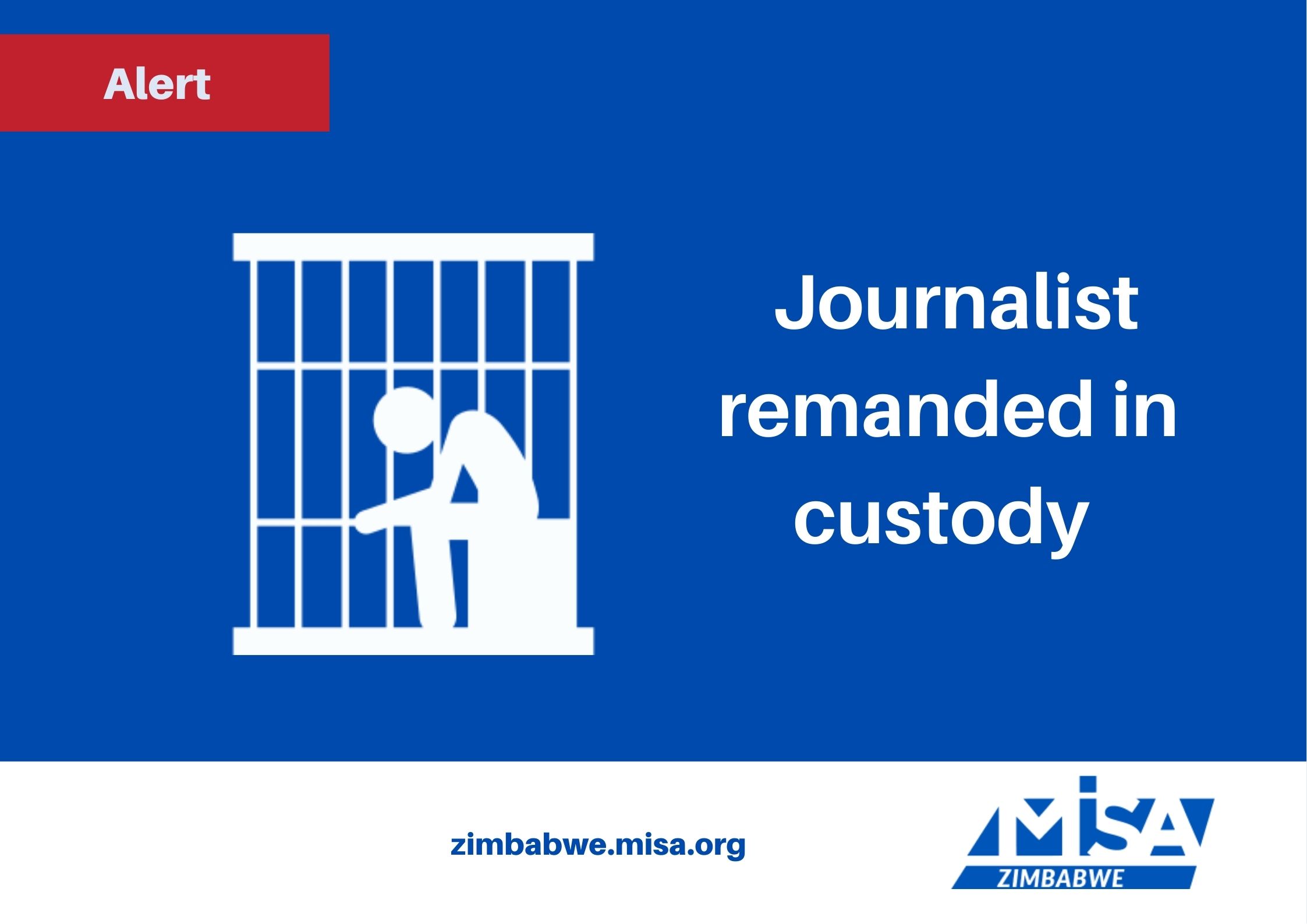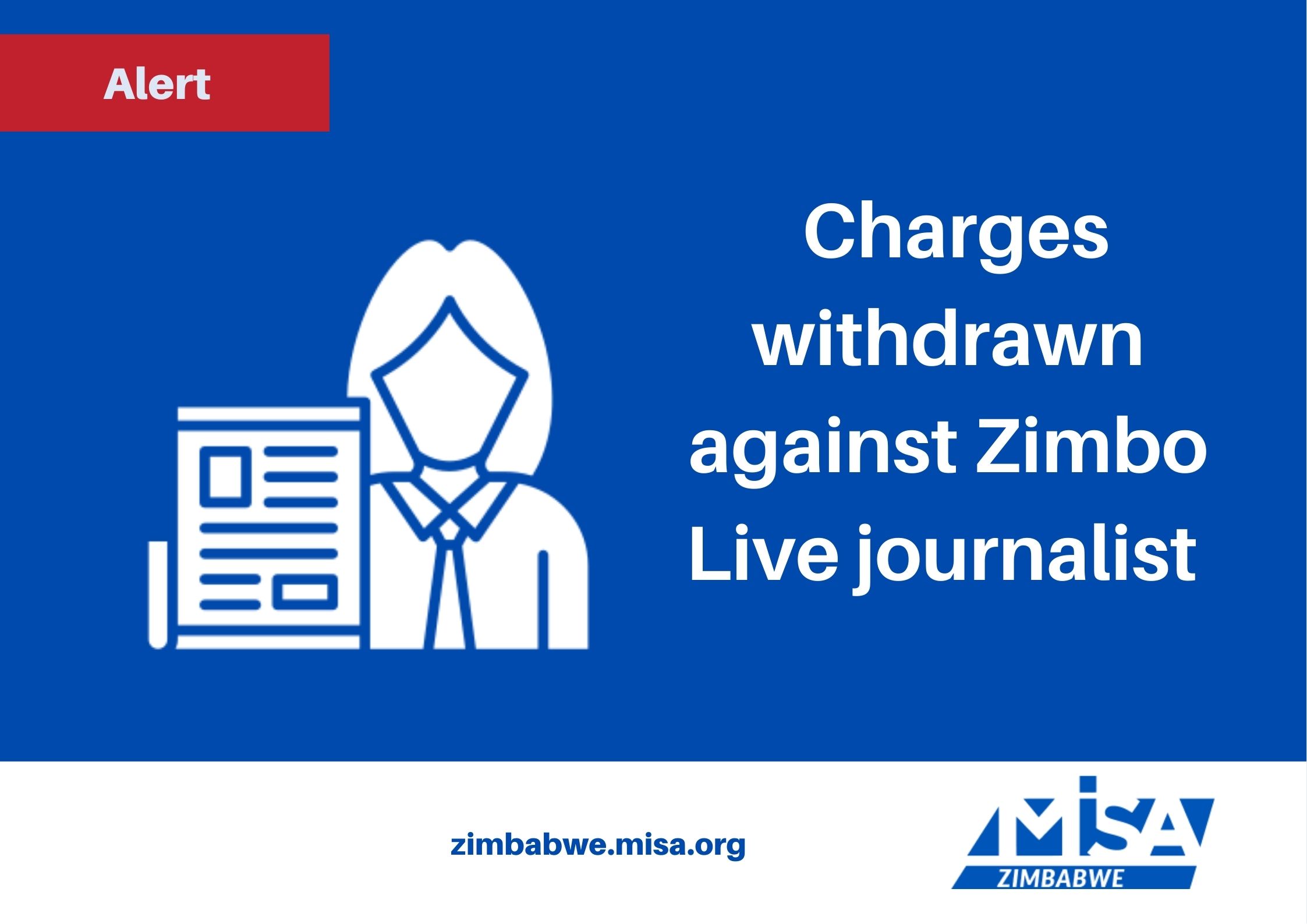The Media and Information Literacy (MIL) Strategy acts as the foundation for access to information, helping citizens to make informed choices, encourage critical thinking, and tackle information disorders to foster national progress and bolster citizen participation in Zimbabwe’s democratic process.
The Minister of Information, Publicity, and Broadcasting Services, Dr Jenfan Muswere, stated this in a speech read on his behalf by the Deputy Minister, Honourable Omphile Marupi, during the second national consultation workshop on the Strategy in Harare on 8 October 2025.

Deputy Minister, Honourable Omphile Marupi, addressing participants at the Media and Information Literacy (MIL) Strategy workshop in Harare.
“Media and Information Literacy Strategy is fundamental to improving access to information, knowledge, freedom of expression and quality education.
“It empowers us with the skills to understand how media functions in an ever-changing environment, critically assess the accuracy of information, counteract misrepresentation, challenge extremist views and make informed media choices.
“Moreover, this strategy will nurture essential skills in creativity and problem-solving within technology-rich environments,” said Dr Muswere.
In his submissions at the same meeting, MISA Regional Director Dr. Tabani Moyo addressed the delegates on the topic: Empowering Zimbabwe for a Digital World; World View of MIL, Objectives, and Stakeholder Expectations.
Dr Moyo highlighted the strategic importance of an MIL Strategy emphasising the need to appreciate the complexity of the environment when considering the views of multiple stakeholders’ interests.

Dr Tabani Moyo making his submissions during the second national consultation workshop on the Strategy in Harare.
“MIL has evolved from simply understanding media to a holistic set of competencies essential for 21st-century citizenship, employability, and personal well-being.
“The global view sees citizens not as passive recipients of information but as critical thinkers, ethical creators, and active participants in the digital ecosystem,” he said.
“MIL therefore acts as a shield against ‘infodemics’ in an era of globalised misinformation, disinformation, and information integrity challenges, hence the recognition of MIL as a primary defence mechanism.
“ …We must go beyond addressing the access divide to tackling the usage divide, which involves the skills to use technology effectively, and the empowerment divide, which represents the ability to use technology for socio-economic progress.” said Dr Moyo.
In his proposals on the way forward, Dr Moyo submitted that the Strategy should aim to galvanise the entire society into engaging with the knowledge economy and adopt a holistic approach that is integrated in embedding MIL.
This should start from primary education through to tertiary education, ensuring it reflects society’s diversity to enhance the critical thinking of citizens for active citizenship and societal development.
“Empowering Zimbabwe for a digital world through MIL is not a short-term project but a long-term national imperative.
“The strategy should be a coherent framework that aligns the efforts of all stakeholders.
“It should be integrating MIL a core component of the curriculum from primary school to tertiary level.
“Above all, it must gain traction on traditional and multimedia platforms, such as radio, television, and social media, in teaching basic MIL skills,” he said.
“It should also leverage public-private partnerships that pivot on the resources and expertise of telecom companies and tech firms to scale training.
“However, it must not be an elite strategy but … ensure grassroots reach, especially in underserved areas,” argued Dr Moyo
Mr Nick Mangwana, Permanent Secretary Ministry of Information, Publicity and Broadcasting Services, UNESCO Regional Office of Southern Africa Communications Adviser, Mr. Al-Amin Yusuph; Zimpapers Acting Chief Executive Officer, Mr. William Chikoto; and Zimbabwe Media Commission (ZMC) Chairperson, Professor Ruby Magosvongwe, also addressed the meeting.
This is the second consultative meeting on the Strategy, building on the first one held in Bulawayo. The consultations are organised by the Ministry of Information, Publicity and Broadcasting Services in collaboration with the Zimbabwe Media Commission (ZMC) and the UNESCO Regional Office for Southern Africa (UNESCO ROSA).
MISA Zimbabwe Communique













